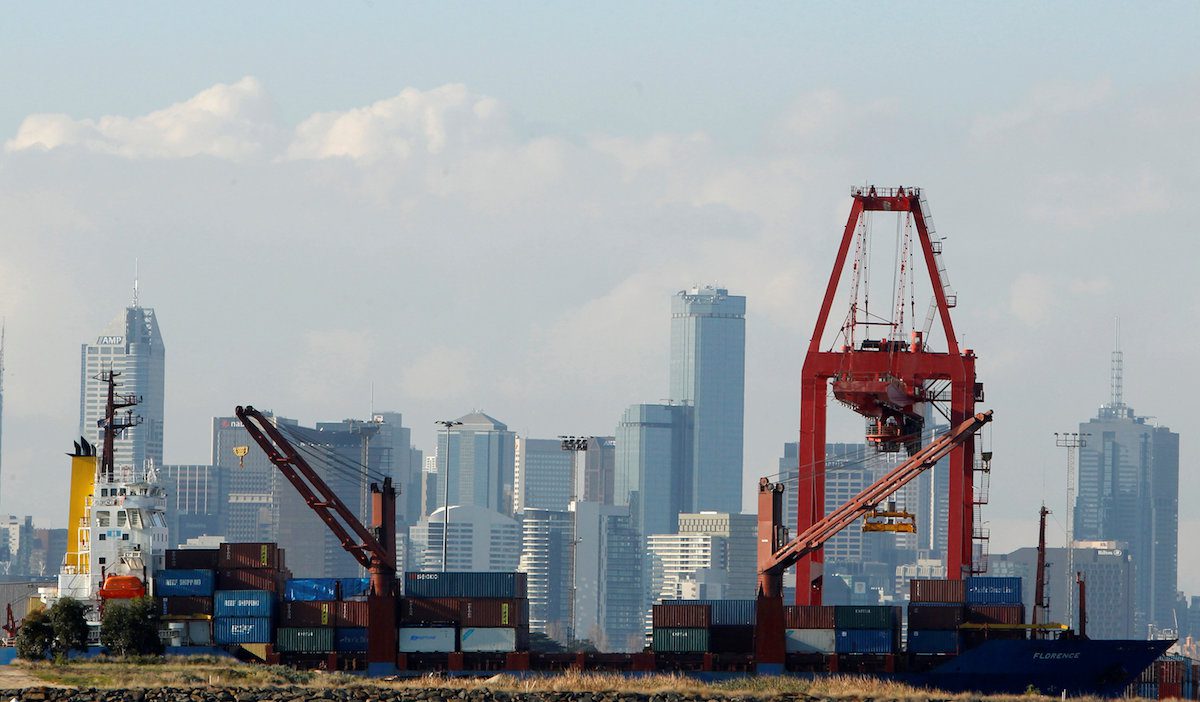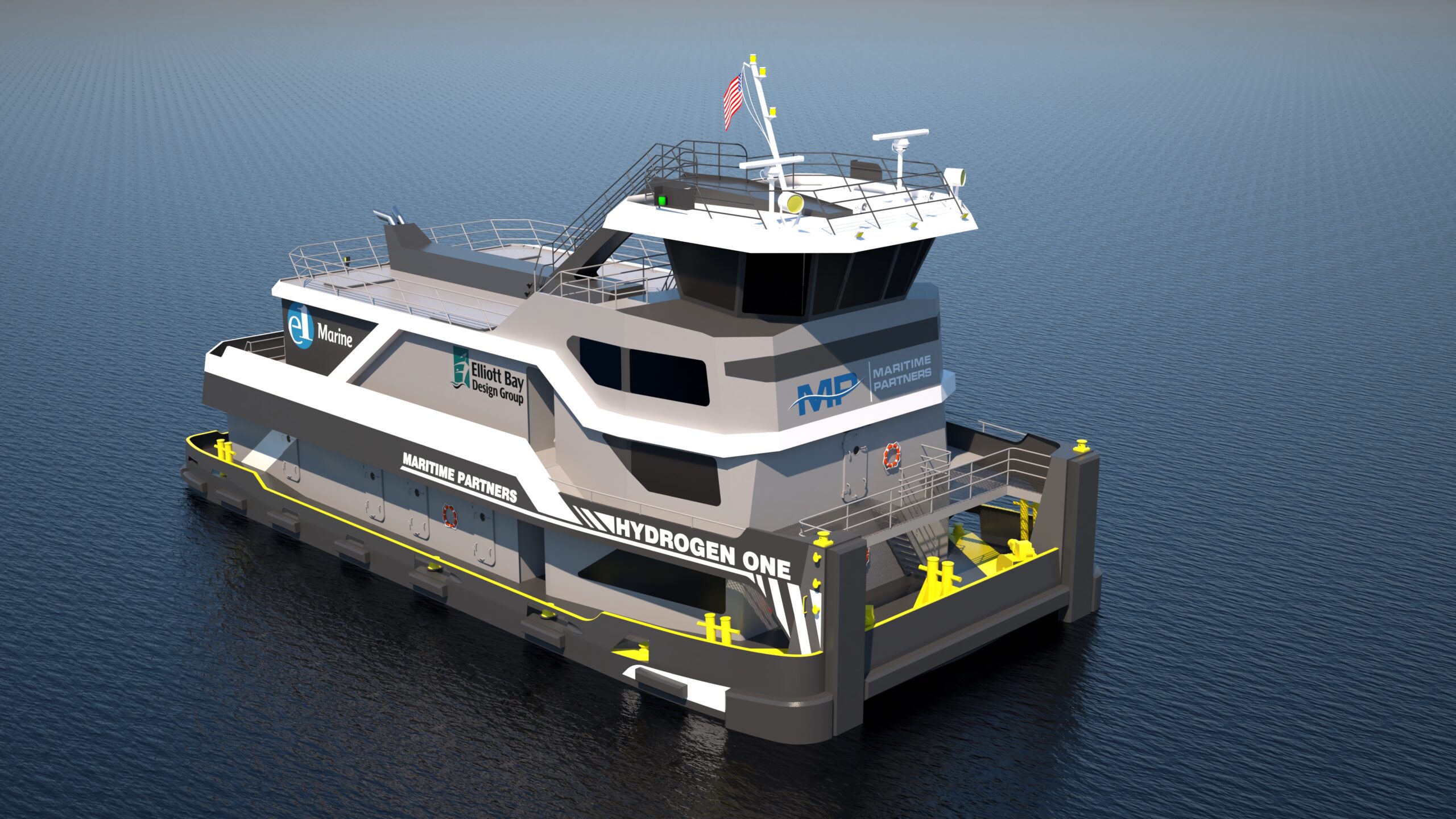A container ship is seen in the port in Melbourne June 2, 2010. REUTERS/Mick Tsikas/File Photo
 By Cecile Lefort and Byron Kaye
By Cecile Lefort and Byron Kaye
SYDNEY, Sept 19 (Reuters) – A consortium of global and domestic funds, backed by investors including China Investment Corp, agreed to buy Australia’s busiest port for a higher-than-expected A$9.7 billion ($7.3 billion), a sign that tough equity markets are helping fuel appetite for infrastructure.
Australian leaders will also hope the deal shows they still welcome Chinese investment in infrastructure. The federal government last month blocked the sale of the country’s biggest power network, Ausgrid, to state-owned State Grid Corp of China and Hong Kong-listed Cheung Kong Infrastructure Holdings on security concerns.
The price tag for Port of Melbourne fell short of the country’s largest privatisation deal on record, the A$10.8 billion sale of electricity grid company Transgrid to a global consortium in November 2015, but still ranks among its biggest.
It also smashes the target set by the government of Victoria state which previously said it hoped for A$5.8 billion for the container and multi-cargo port. In 2013, the two ports of larger city Sydney fetched A$5 billion.
Sovereign wealth funds and other asset managers are seeking long-term investment opportunities amid weaker returns from some equity markets and lower bond yields.
“Equity markets are starting to realise that they’re going to live in an environment where returns are going to be lower for longer, and they’re looking for secure investments,” Victoria Treasurer Tim Pallas said in a telephone interview.
FREE TRADE AGREEMENT
Australia began a free trade agreement with China in December but has been trying to ease diplomatic strains since the Ausgrid rejection. China’s commerce ministry warned at the time that the move “seriously impacts the willingness of Chinese companies to invest in Australia”.
On Monday, Pallas said Australia’s sovereign wealth fund, The Future Fund, and Canada’s Ontario Municipal Employees Retirement System will each get a fifth of Port of Melbourne following the sale, which is packaged as a 50-year lease.
The government investment vehicle of Queensland state (QIC) and New York-based Global Infrastructure Partners are the other consortium partners.
China Investment Corp is a major investor in Global Infrastructure Partners. South Korean pension fund NPS is also an investor. QIC’s investors include California Public Employees’ Retirement System (CALPERS).
All foreign buyers have regulatory clearance, Pallas added. The deal is expected to close on Oct. 31, a statement from the consortium said. Gresham Partners and Credit Suisse acted as financial adviser to the consortium.
The sell-off is part of Australia’s more than A$100 billion privatisation programme, where state and federal governments are trying to cut debt and bankroll capital works by selling “mature” infrastructure assets.
New South Wales state, which arranged the troubled Ausgrid sale, is again trying to offload that asset, and plans to dispose of another grid afterwards. Western Australia state meanwhile wants to sell ports, while the Federal government is selling the Australian Security and Investments Commission’s registry arm.
($1 = 1.3278 Australian dollars) (Reporting by Byron Kaye and Cecile Lefort; Additional reporting by Denny Thomas; Editing by Stephen Coates and Edwina Gibbs)
(c) Copyright Thomson Reuters 2016.

 Join The Club
Join The Club











